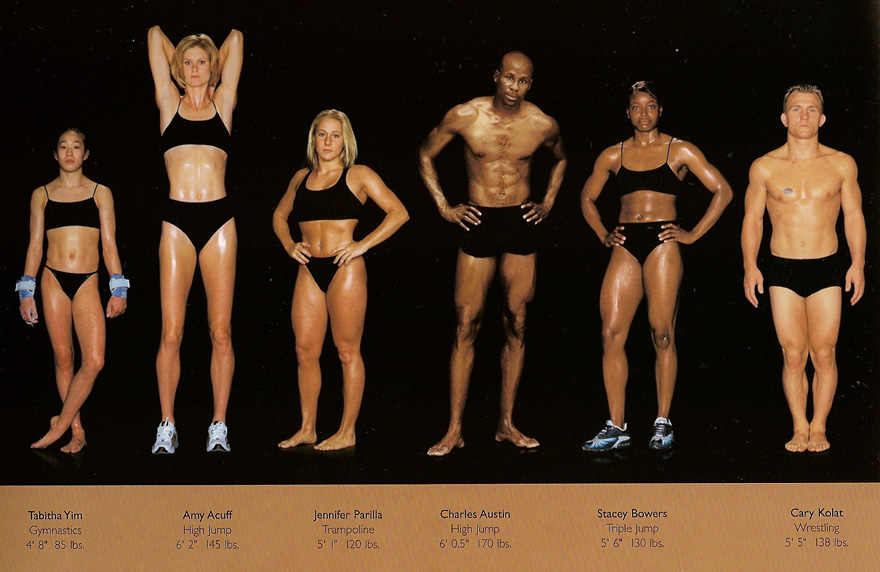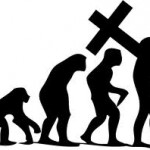But it’s a good primer in some of the most common mistakes from people who are semi-literate in the relevant sciences, so I’m going to go through the problems from a recent post (“Less Mature by Age“) by Robin Hanson at Overcoming Bias.
The Background Data:
Hanson found an article from the Journal of Personality and Social Psychology that suggested that, although there is an overall positive correlation between age and psychosocial maturity, this trend reverses during the teenage years. In other words, the older you get, the more mature you are on average in situations involving others, but you’re likely to regress as a teen. I can’t get the full text of the article, so I can’t comment on the instrument they used to gauge maturity or how large any differences were. Since my issue is with Hanson’s interpretation, though, let’s assume the methodology was perfect and any observed effects were large enough to care about.
Here’s Hanson’s take:
Many like to think that we become more “mature” as we age because our experience with life teaches us the wisdom of mature behavior. They then presume that teens would be better off acting more maturely, and should be forced to do so if necessary. However, this “maturity as learning” theory conflicts with the fact that we become less mature as we become teens. An alternate theory, that better accounts for the above patterns, is that we are programmed to have different personalities and attitudes at different ages, because for our distant ancestors those attitudes were useful at those ages. Beware too easily assuming that others would be better off if they were more like you.
Problem 1: Did you see any ‘teens’ in the Middle Ages?
Beware too easily assuming that the modern understanding of stages of life have anything to do with the lives of our ‘distant ancestors’ or the evolutionary pressures they faced. The idea of ‘teenager’ or any intermediate step between childhood and adulthood is extremely modern and much too recent to have any profound evolutionary impact. Just because I can, I ran ‘teenager’ through the new Google Books ngram viewer (it track mentions of a word or short phrase in the entire corpus of books Google has scanned. You can read more here). Here’s what the search turned up (click the image to enlarge):
Evolution doesn’t produce species-wide changes over the short term. Evolutionary changes are easy to observe in bacteria because the generations are so short-lived so scientists can burn through a lot of ‘time.’ Humans live for a long time, and wait a long time to reproduce, so there’s no way evolutionary pressures could have had time to alter the way teens think and behave when we’ve only had teens for so few generations.
Whatever the scientists observed has nothing to do with teens today. It’s not evidence, as Hanson argues, that antisocial behavior from teens is appropriate or the result of optimized programming. Whatever programming we’ve got has been unpredictably outpaced by the changes we’ve made to our environment and our culture. The historical situation that led to a maturity regress isn’t likely to still be active, so these adaptations are the equivalent of trying to input data into a laptop with punch cards. The task they were designed to do no longer exists.
Problem 2: Evolution is Really Lazy
But even if the category of ‘teenager’ had existed for long enough to be subject to evolutionary pressure, Hanson is still attributing way too much precision to a process as messy as evolution. Evolution is not a process of meticulous fine-tuning and optimization. It is the process of eliminating the totally unworkable. That means plenty of barely acceptable kludges stick around in the gene pool because they aren’t easy to discern or they kick in after reproductive ages or because they just aren’t that bad, even if they aren’t perfect.
If teen backsliding on maturity were a response to evolutionary pressure, there’s no guarantee it’s a particularly good response. There’s also no evidence that the alternate scenario of a positive correlation for all of life was on the table as an alternative when this adaptation won out. Therefore, it’s ridiculous to talk about this finding as a rebuke to people who expect teenagers to act mature. That could very well be the best behavior, but our ineffective genes prevent us from acting as we ought.
Evolutionary psychology is not a trump card that can justify behaviors. The wonder of humans is that we are aware of evolutionary drives and artifacts and can choose to transcend them. We lose this opportunity when we reify the products of evolution or ascribe too much design to the process.
/To be human is to be more than human/

















